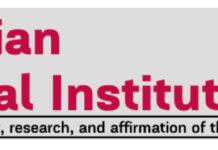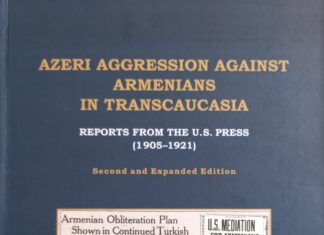WORCESTER — For more than a century, Turkey has denied a role in organizing the Armenian Genocide.
In his new book, Killing Orders: Talat Pasha’s Telegrams and the Armenian Genocide, Turkish historian and Clark University’s Prof. Taner Akçam, has identified the “smoking gun” proving Turkey’s involvement in organizing the Armenian Genocide. While decades of scholarly research has decisively established the systematic annihilation of Armenians, the scarcity of direct evidence has allowed the Turkish government to persist in its denial up until now.
Taner uncovered the original telegram from the trials, in an archive held by the Armenian Patriarchate of Jerusalem. Until recently, the smoking gun was missing. The story begins in 1915 in an office in the Turkish city of Erzurum, when a high-level official of the Ottoman Empire punched out a telegram in secret code to a colleague in the field, asking for details about the deportations and killings of Armenians in eastern Anatolia, the easternmost part of contemporary Turkey.
Later, a deciphered copy of the telegram helped convict the official, Behaeddin Shakir, for planning what scholars have long acknowledged and Turkey has long denied: the organized killing of up to 1.5 million Armenians by the leaders of the collapsing Ottoman Empire, an atrocity widely recognized as the 20th century’s first genocide.
Akçam, described as “the Sherlock Holmes of Armenian Genocide” in a New York Times article in April 2017, made these landmark discoveries in a private archive. He argues that the documents he has uncovered remove a cornerstone from the denialist edifice, and definitively prove the historicity of the Armenian Genocide.
“Successive Turkish governments have gone to great lengths to ensure that evidence of the intent to extinguish the Armenian people could not be located,” said Akçam. “These findings are ‘an earthquake in the field of genocide studies.’ They will make it impossible for the Turkish Government to continue to deny the Armenian Genocide.”









